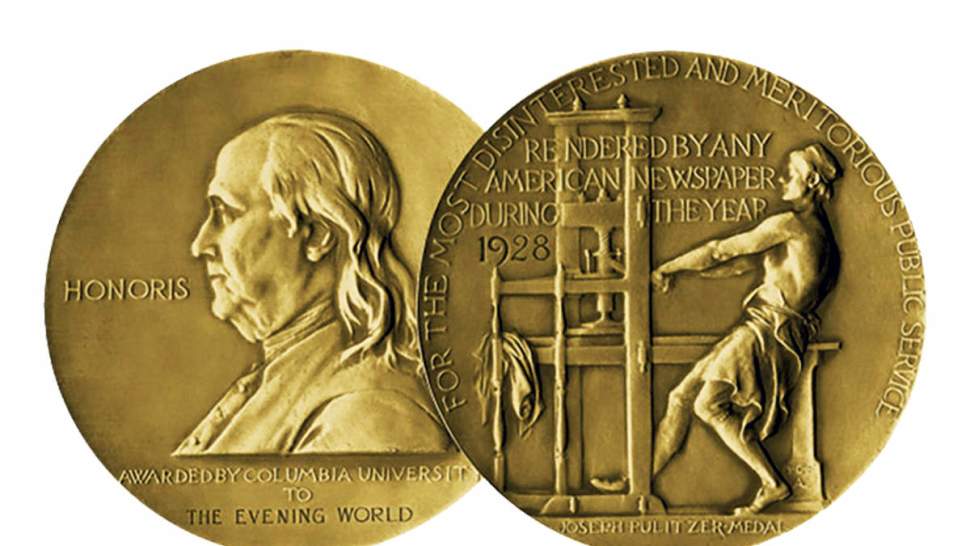May 11, 2021
What I’m Pondering: Publication
by Tim Storm
What I've been pondering is publication. Not really because I want to do that, but just because synchronicity has exposed me to several recent tidbits of information. From Jane Friedman a few weeks ago, I learned that "the failure rate of publishers is extraordinary—60 to 70 percent of books don’t reap a financial reward that’s commensurate with the effort put into them."
Then there was this NYTimes article, which stated that "about 98 percent of the books that publishers released in 2020 sold fewer than 5,000 copies."
That's maybe not as dire a statistic as it sounds, though, as Counter Craft explains. First off, the statistic is vague and somewhat misleading; books sell beyond their first year, and they sell in ebook and audio book versions, too, which are probably not included in that stat.
 But more importantly, 5,000 copies is not necessarily bad or even unprofitable. There are Pulitzer and Nebula winners (winners, folks!) that didn't sell 5,000 copies when they were awarded those prizes.
But more importantly, 5,000 copies is not necessarily bad or even unprofitable. There are Pulitzer and Nebula winners (winners, folks!) that didn't sell 5,000 copies when they were awarded those prizes.
The truth, though, is that publishing is mysterious and unpredictable. I sat on a panel at the WWA conference a couple weeks ago and heard Christina Clancy declare that "even in publishing, nobody knows how it works." Christina has had her finger on the pulse of publishing for the past year or so, with her debut novel coming out last summer and her second one coming out this summer. (Her first one just got optioned for a TV series.) So she’s more up to date with her insights than most.
She added that it's almost impossible to find out how many copies of a book have been sold—even when that book is yours!
Given all of this, it's easy to be cynical about the whole industry. But for good or bad, I’ve always been more concerned with making stories good than with getting them published.
But here's a rose-colored take on these dismal-seeming facts. If it's true that most books don't fare all that well in the marketplace, isn't that just evidence that agents and publishers are not in this purely for the money? They believe in art. They fight for writers whose work will not reach enormous audiences.
And sure, the publishing industry is unpredictable, but would we really want it to be otherwise? It’s that unpredictability that opens doors.
Oh, and one last publishing-related thing, passed onto me from Polly Hansen: The Authors Guild has made available to non-members for the first time ever their "model book contract," intended to "educate authors about the various terms in publishing contracts, their rights, and what they can and should negotiate." You can find an explanation of it here and the actual model here.
Do you have a question for Tim? Contact him HERE. Subscribe to his newsletter HERE.

Tim is one of our very popular conference presenters. You can see him in March 2022 at Let's Just Write! An Uncommon Writers Conference.
T.D. Storm writes short stories and essays. His work has appeared in various journals and anthologies, including Black Warrior Review, Copper Nickel, and Literary Hub. He he has been a finalist in a number of contests, including the International Literary Competition at Salem College, which he won in 2013. He has an MFA in Writing from Pacific University.
Tim lives in Madison, Wisconsin, where he works as a writing coach and editor. You can learn more about his teaching and editing at stormwritingschool.com. Prior to his current work, he taught high school English for 15 years and briefly pursued an Olympic rowing berth.
Affiliates/Partners
Testimonials
Contact
Join CWA
Member Directory
My Account
Writers Conference
Presenters
Agents and Publishers
Pitch Sessions
Sponsors
Scholarships
Speaker Registration
Book of the Year
Spirit Award
First Chapter Contest
Resources
Home
Chicago Writers Association
info@chicagowrites.org
Make a Difference!

